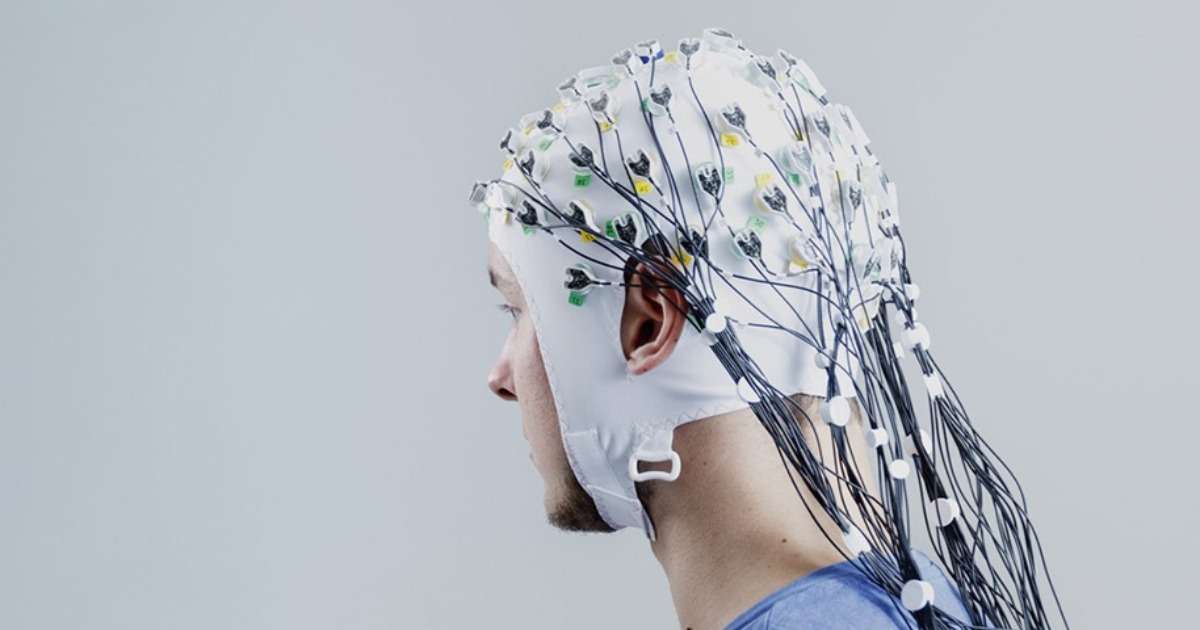
Understanding the digital world at the Social Media Lab
In this unique lab, technology is applied to understanding user experience, behavior on social media, and much more.

Using facial expression analysis during a musical experiment
Music affects people, that's for sure. But to what extent varies per person. To measure facial expressions during a musical experiment, FaceReader Online is the easy-to-use tool.

The role of explicit bias in working with depressed cardiac patients
Using simulated medical encounters, Dr. Crapanzano and her team measured the influence of bias in the medical students' diagnosis and treatment plans for a patient presenting as mildly depressed.

World Cup success and emotions
Recent scientific research shows that emotional expressions like anger and happiness matter in being successful in the group phase of the soccer World Cup.

Measuring consumer responses to chocolate and images
Researchers all over the world are trying to find ways to measure real consumer responses and behavior.

Package testing - Emotional journey in packaging research
A product package should help consumers make a quick decision. Donata Tania Vergura and Beatrice Luceri from the University of Parma, Italy investigated different packaging designs.

Facial expression analysis in video content marketing
This study shows that emotions in company messages or advertisements could be used to build and measure brand value. This measure can thus be added to social media metrics guidelines to assess success rate.

Understanding face perception in ASD
Researchers at KU Leuven want to gain more insight into whether or not there are differences in the implicit abilities of children with ASD to detect faces, different identities, and different expressions.

3 Emotional studies with FaceReader
Many researchers have discovered FaceReader as a tool for their research. These 3 recent studies with FaceReader show how emotion data helps you to better understand human-human, human-machine, and human-product interactions.

The emotions of people who think they’re nice
What does ‘nice’ actually mean in relation to psychological variables? And does it positively correlate with self-reported levels of health, happiness, and wellbeing?
